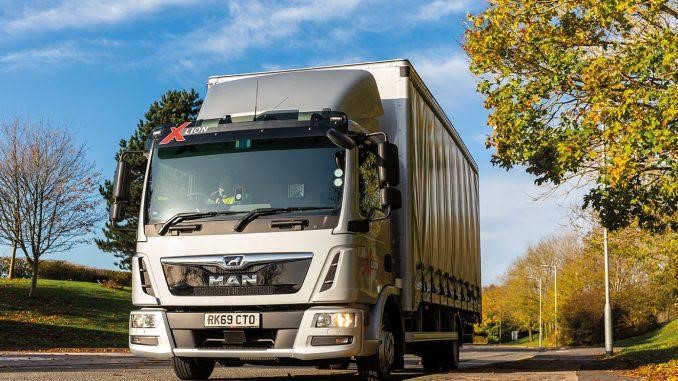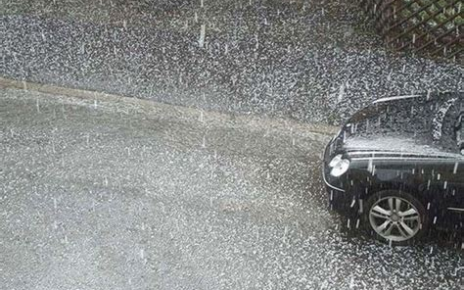If your business, company, or organisation depends on commercial transport to function, you are using fleet management and operations. Fleet management is necessary for overseeing all fleet performance and fleet maintenance. This is done to maximise productivity and to aid the business in working as efficiently as possible.
The people in charge of fleet operations are the fleet managers. Fleet managers are responsible for the maintenance of the vehicles, checking fuel costs and consumption, the drivers, planning the routes, and implementing programs that can maximise the company’s productivity and reduce waste.

Some of the specific tasks a fleet manager has to do include:
- Making sure drivers are safe. They do this using dash cams or by tracking the vehicles.
- Increasing driver retention by encouraging more people to become drivers. They do this through mentorship programs and by improving the workplace conditions, along with other methods.
- Keep accurate records of the hours drivers are working. This is done using an electronic software that keeps track of Hours of Service. This can decrease the incidents of dangerous driving caused by tiredness.

- Reducing operating costs by cutting out expenses that are not needed. Through fuel management, they can create the most efficient and cost-effective fleet operation. It is the fleet manager’s responsibility to come up with cost-saving solutions and to improve the company’s productivity.
- Lastly, a fleet manager must be able to predict the amount and type of vehicles a fleet needs to operate well. It can seem simpler to buy new vehicles when needed but being able to understand and forecast how many fleet vehicles will be needed, ahead of time, is vital.
To find out more about Vehicle Fleet Management, visit https://www.mphvehiclesolutions.co.uk/fleet-management.



